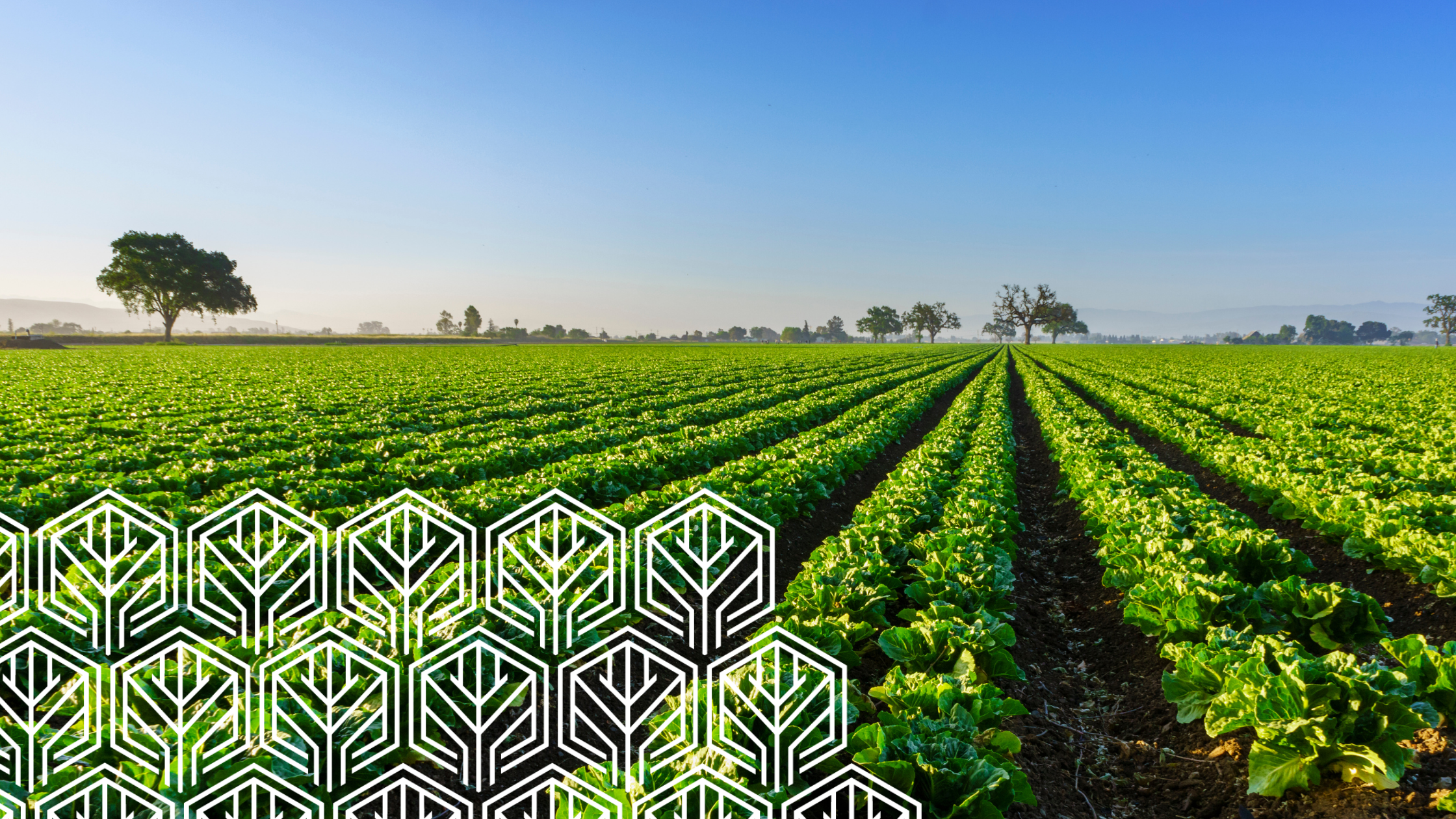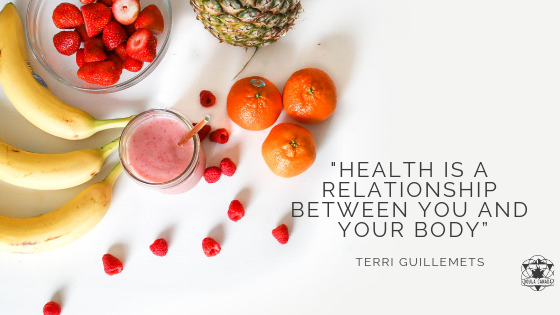[vc_row][vc_column][vc_column_text css=”.vc_custom_1698093869318{margin-bottom: 0px !important;}”]The rising cost of food and collective grocery store anxiety rest on a bed of other precarious conditions. The price of everything has gone up. We are still seeing empty shelves in stores “post” pandemic as we head to the mall in shorts on a 33-degree October day. There are numerous causes for feeling uncertainty.
When society gets taken for a ride, children come right along with us. As someone who works with babies and families, on International Day for the Eradication of Poverty I’m reflecting on the fact that 50% of the world’s children are affected by poverty.
Most of these children are not where I am sitting, in a high-cost-of-living, high-standard-of-living urban centre in Canada. However, people where I am are still afraid of not having enough, and it’s making many people afraid to start a family.
These fears are justified. Raising children is expensive, and we are facing a food crisis, a housing crisis, a climate crisis, and a healthcare crisis. People and families live in a lot of isolation which makes feeling secure challenging. Poverty has a significantly adverse impact on outcomes during pregnancy and childbirth, and on how all aspects of your life go from there.
Support from a doula reduces the risk of many of the adverse outcomes that poverty increases the risk of. Sadly, individuals who can benefit the most from improved outcomes are those who are least able to pay the cost of hiring a doula.
Doulas and birth workers are a compassionate bunch. No one in this profession is here to get rich, and we want to provide our services to people who can benefit from them the most. However, we also have ourselves and our families to care for, and doing this work well takes time. Far too many kind-hearted people who have trained long and hard and love this work leave after a few years, turning to less rewarding work that pays the bills. When this happens, the doula’s skills go to waste and their community loses out on the transformative care they could have received.
Advocates within the doula sphere are exploring options to improve community access to doula support while making a long-term career in this field more sustainable. At Doula Canada, we are doing our part by developing a briefing note that will elucidate opportunities and challenges in the current perinatal care landscape, the potential for doulas and childbirth educators to leverage these opportunities and solve these challenges, and models whereby doula care could be cost-effectively funded by a mix of social partners including different levels of government, insurance companies, and foundations. This initiative is directed by the Advocacy Working Group, comprised of Doula Canada members and staff. The Advocacy Working Group is part of our commitment to manifest a culture of equity, diversity, and inclusion (EDI) action within our school. Stay tuned for more on the Doula Access Initiative in the coming months.
To connect with the Advocacy Working Group at Doula Canada, email Keira Grant, EDI Co-Lead at keira@stefanie-techops.wisdmlabs.net.
Keira Grant (she/her) Inclusion and Engagement Lead – Racialized Communities
Keira brings a wealth of experience to the Online Community Moderator role. She is a Queer, Black woman with a twenty-year track record in Equity, Diversity, and Inclusion (EDI) education, projects, and community building initiatives.
[/vc_column_text][/vc_column][/vc_row]



 Erin is a Registered Holistic Nutritional Consultant (R.H.N.) based in Halifax, Nova Scotia. She works with women all across Canada to help them optimize their nutrition throughout their pregnancy and breastfeeding journey. As a mom to a very active 2.5 year old, and currently expecting her second baby in June 2019, Erin has a unique understanding of the needs of pregnant and breastfeeding women. Her focus is primarily on education and providing her clients with realistic suggestions that fit their lifestyle and dietary preferences. When she isn’t working with clients, Erin enjoys baking and spending time outside with her family.
Erin is a Registered Holistic Nutritional Consultant (R.H.N.) based in Halifax, Nova Scotia. She works with women all across Canada to help them optimize their nutrition throughout their pregnancy and breastfeeding journey. As a mom to a very active 2.5 year old, and currently expecting her second baby in June 2019, Erin has a unique understanding of the needs of pregnant and breastfeeding women. Her focus is primarily on education and providing her clients with realistic suggestions that fit their lifestyle and dietary preferences. When she isn’t working with clients, Erin enjoys baking and spending time outside with her family.